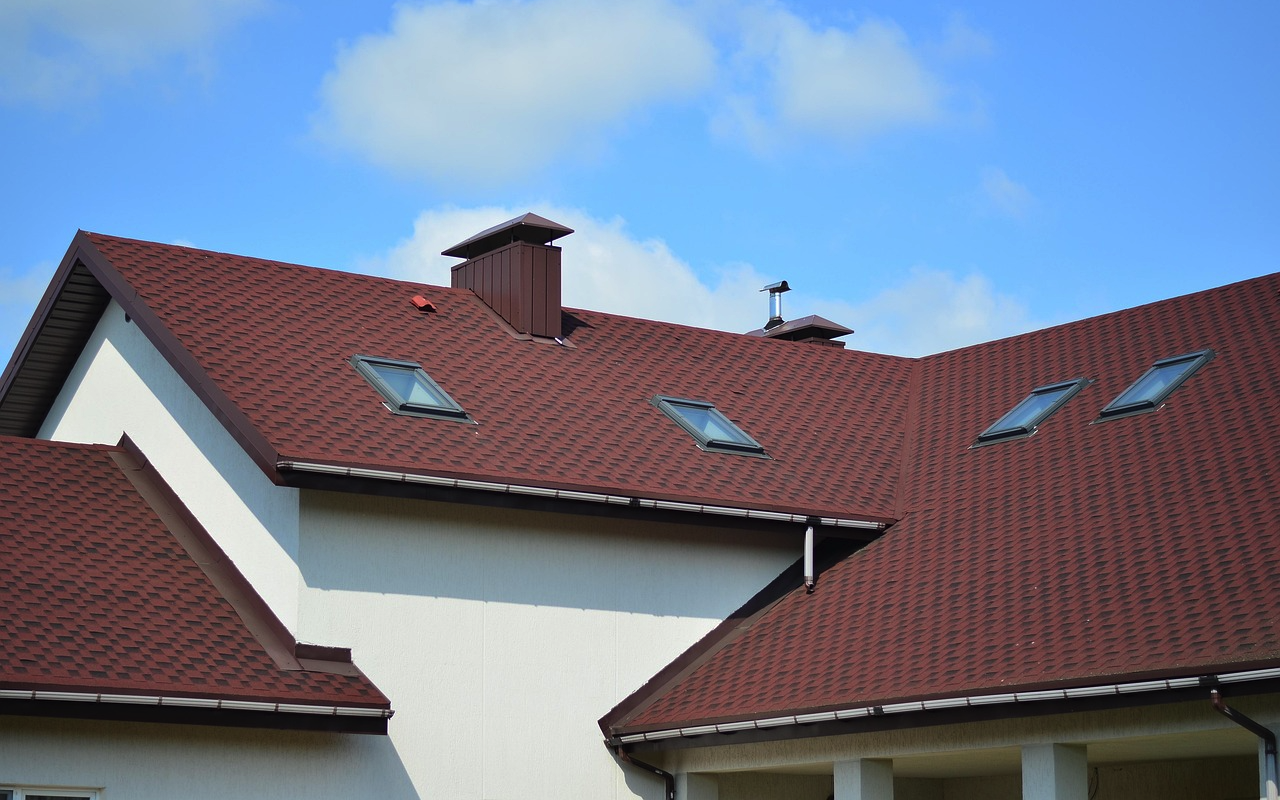
Replacing your roof is a significant investment that requires careful planning and decision-making. To ensure you get the best value and quality, asking the right questions before starting the project is important. You can feel confident about your roof replacement by understanding your options, costs, and the process.
If you’re preparing for a roof replacement, Renosimplicity from North Carolina shares a guide you can use to step through. Here are the top questions to ask before your next roof replacement.
Why Replacing Your Roof Is Important
A new roof enhances your home’s protection, energy efficiency, and overall value. Signs you might need a replacement include:
- Age: Most roofs last 20–30 years.
- Leaks: Persistent leaks that repairs can’t fix.
- Damage: Missing, cracked, or curling shingles.
- Energy Inefficiency: Higher utility bills due to poor insulation.
Questions to Ask Before Replacing Your Roof
1. What Roofing Material Should I Choose?
There are various roofing materials available, each with its own advantages:
- Asphalt Shingles: Affordable and versatile.
- Metal Roofing: Durable and energy-efficient.
- Clay or Concrete Tiles: Elegant and long-lasting.
- Slate Roofing: Premium and highly durable.
Ask your contractor about the pros, cons, and suitability of each material for your home and budget.
2. How Much Will the Roof Replacement Cost?
Roof replacement costs depend on factors like material, roof size, labor, and location. Request a detailed, written estimate that includes:
- Material costs.
- Labor charges.
- Disposal fees for old roofing materials.
- Any additional services, like ventilation or flashing upgrades.
3. What Is the Timeline for the Project?
Understand how long the replacement will take, including potential delays due to weather or material availability. This helps you plan accordingly and minimizes disruptions to your daily routine.
4. Is the Contractor Licensed and Insured?
Ensure the roofing contractor has the proper licensing and insurance to protect you from liability in case of accidents or damages. Ask for proof of:
- Licensing: Compliance with local building codes.
- General Liability Insurance: Covers property damage.
- Workers’ Compensation Insurance: Protects workers on-site.
5. What Warranties Are Offered?
Ask about warranties for both materials and workmanship. Reliable contractors typically provide:
- Manufacturer’s Warranty: Covers defects in roofing materials.
- Workmanship Warranty: Covers installation errors or issues.
6. What Ventilation Improvements Are Needed?
Proper attic ventilation is essential for your roof’s longevity and energy efficiency. Discuss whether your current ventilation system needs upgrades to prevent moisture buildup, ice dams, or heat retention.
7. Will My Roof Decking Be Inspected?
During a roof replacement, the underlying decking should be inspected for signs of damage or rot. Ask your contractor if they will:
- Check for soft spots or water damage.
- Replace any compromised decking before installing the new roof.
8. What Is the Cleanup Process?
Roof replacement generates debris like old shingles, nails, and underlayment. Confirm that the contractor will:
- Dispose of old materials responsibly.
- Use a magnetic sweeper to pick up stray nails from your yard.
9. Are Permits Required?
In most areas, roof replacements require permits to ensure compliance with building codes. Ask your contractor if they will handle the permitting process on your behalf.
10. What Financing Options Are Available?
If a roof replacement isn’t within your immediate budget, inquire about financing options. Many contractors offer payment plans or can guide you to lenders specializing in home improvement loans.
Tips for a Smooth Roof Replacement
- Communicate Clearly: Maintain open communication with your contractor throughout the process.
- Prepare Your Home: Protect items in your attic and clear outdoor spaces around your home.
- Plan for Contingencies: Budget for unexpected repairs, such as replacing damaged decking.
Conclusion
Asking the right questions before your roof replacement ensures you make informed decisions and achieve the best results for your home. From material selection to warranties, understanding the process helps you plan effectively and avoid surprises.
Share this post
Leave a comment
All comments are moderated. Spammy and bot submitted comments are deleted. Please submit the comments that are helpful to others, and we'll approve your comments. A comment that includes outbound link will only be approved if the content is relevant to the topic, and has some value to our readers.

Comments (0)
No comment